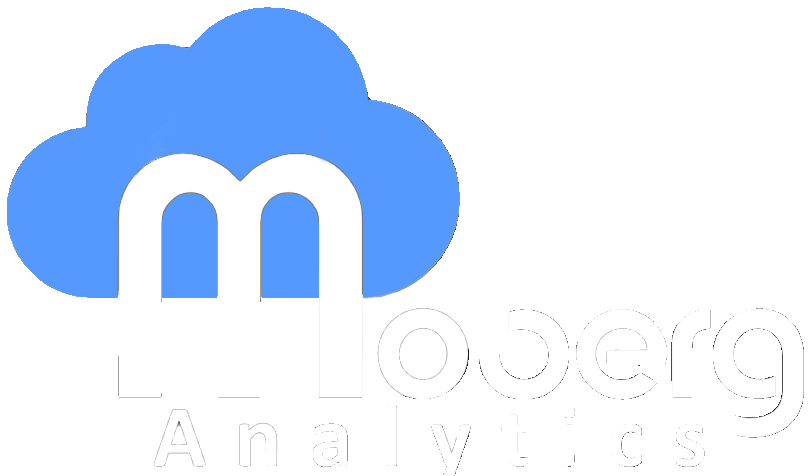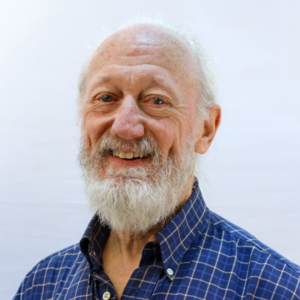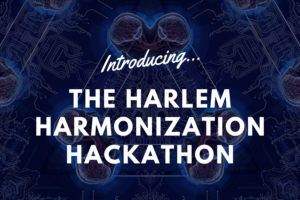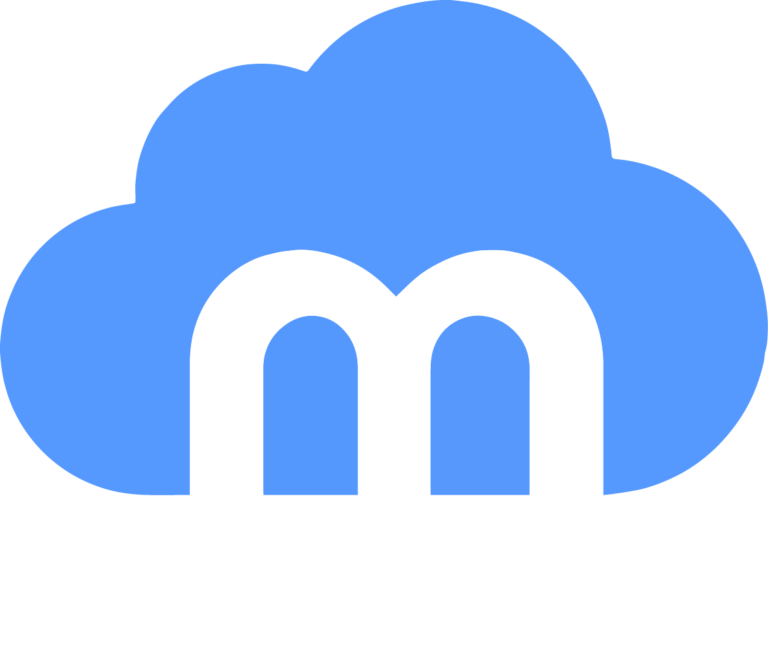AI Legalities: Insights on ChatGPT Patents
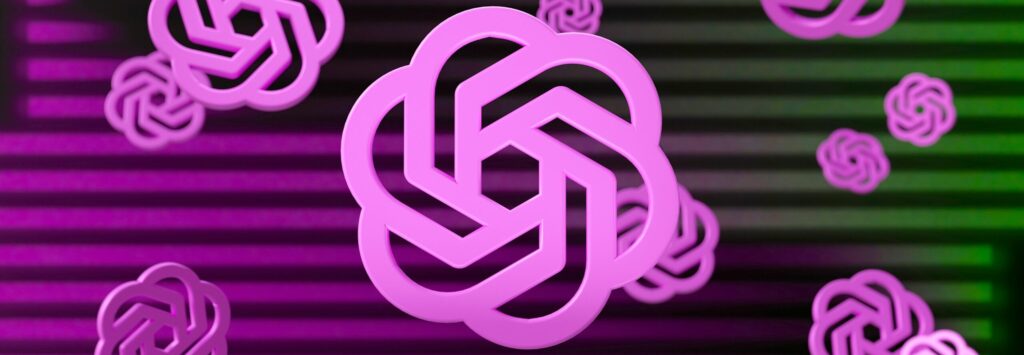
Some of the staff members of The Neuroscience Monitor recently sat in on a webinar on AI in Business put on by our law firm, Duane Morris. I started using them decades ago when they were a local firm, as I had a friend there. They are now in the top 100 firms in the world in terms of revenue, and she is a senior partner. Though they are a big firm, they are very accommodating to early stage companies, like ours.
The webinar opened our eyes to the liabilities/risks of using AI, in particular generative AI such as ChatGPT for text and DALL-E for images. Understandably, a law firm will promote risks to emphasize the need for lawyers. But, upcoming court cases – and how they are decided – may have a significant bearing on the use of AI in healthcare. Here’s an excerpt from one of their blogs:
AI cannot be a copyright author—for now. In one of the most-awaited copyright events of the summer (not Barbie-related), the federal district court in D.C. held that an AI system could not be deemed the author of a synthetically-generated artwork. This was a test case brought by Stephen Thaler, a computer scientist and passionate advocate for treating AI as both copyright author and patent inventor, notwithstanding its silicon- and software-based essence.
The D.C. district court, however, held firm to the policy position taken by the U.S. Copyright Office—copyright protects humans alone. In the words of the court: “human authorship is an essential part of a valid copyright claim.” Those who have followed Thaler’s efforts will remember that, about a year ago, the Federal Circuit similarly rejected Thaler’s attempt to list an AI model as an “inventor” on a patent application, holding instead that an inventor must be a “natural person.”
So what if an AI algorithm could be awarded a copyright or patent? Will ChatGPT patents exist? It’s interesting to think about where this could lead. You can see their blog here.
